Everything you need to know to become a project manager
If you're looking for a new job, you may have seen a couple of job postings that require good project management skills. But what does that mean exactly? Do you need to get a project management certification to qualify for the role? Why develop project management skills if the role you’re looking for isn't called "project manager"?
Being a project management professional doesn't necessarily mean you have the title of "project manager." Project management , in fact, covers a wide set of skills that can make you a valuable candidate. The good news is, you don't have to have years of experience to be a good project manager. Let's look at what it takes to become an effective project management professional.
Project management skills
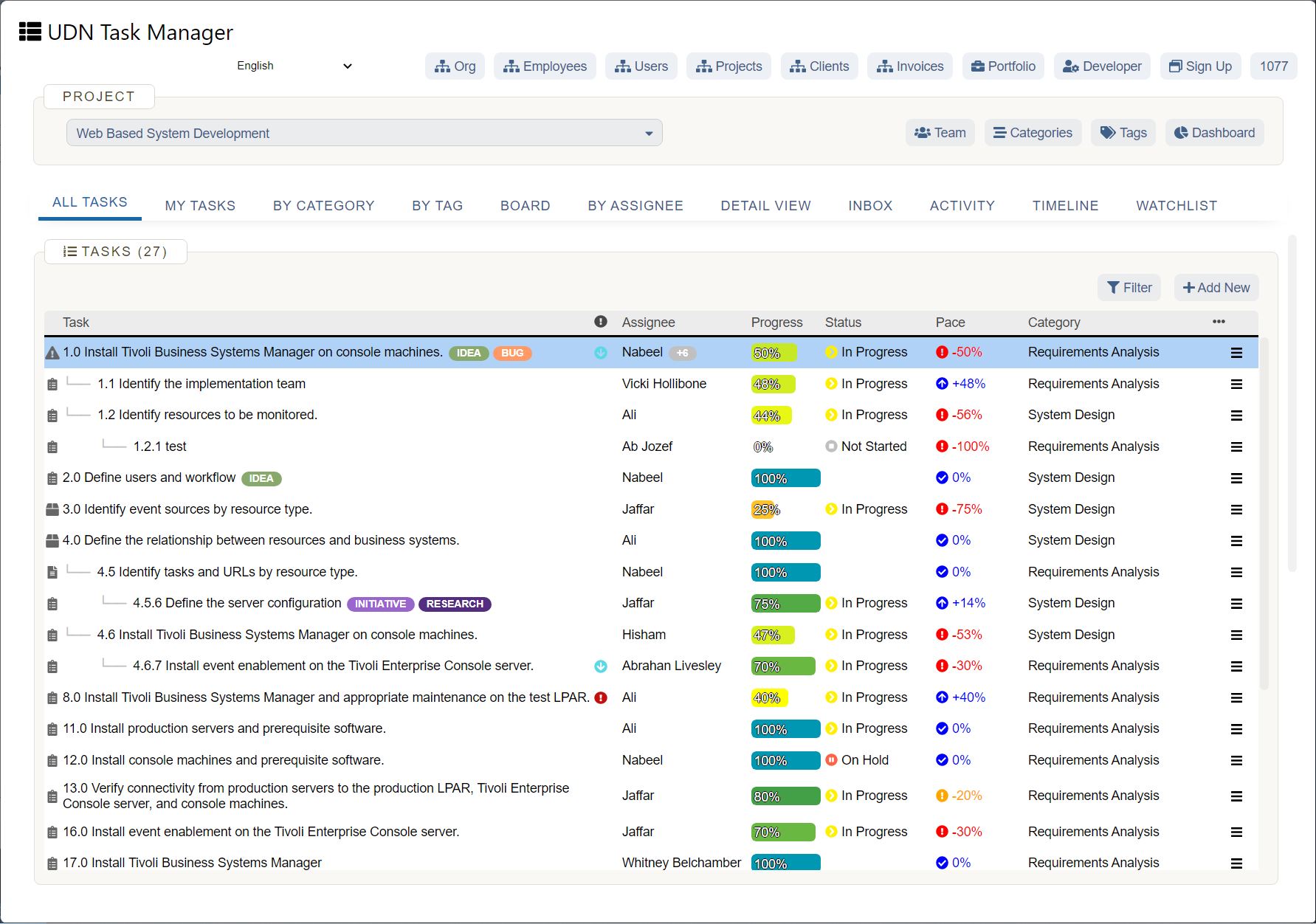
There are three types of skills that you need to hone to become a successful project manager: hard skills, soft skills , and technical skills.
Hard project management skills
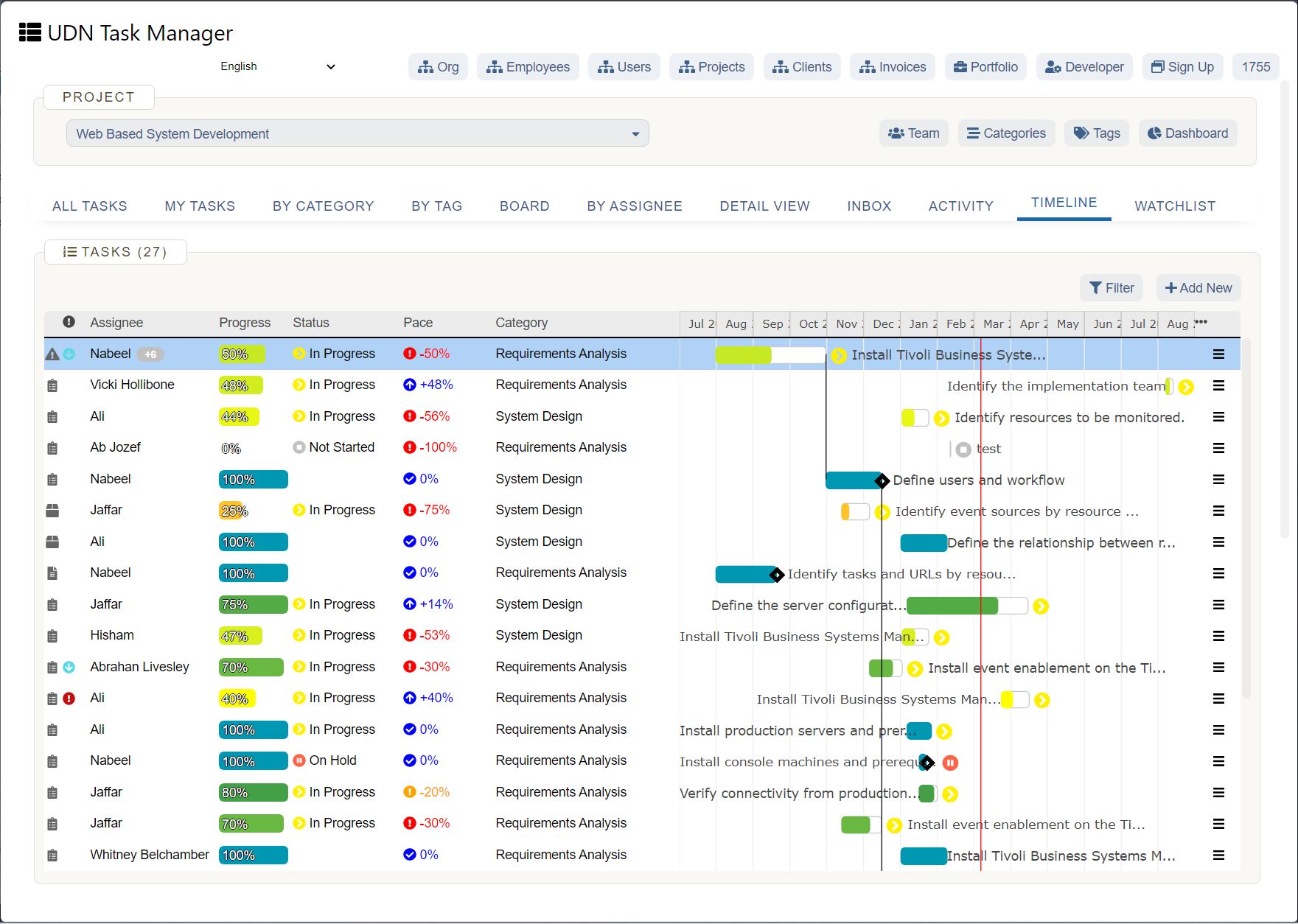
Hard skills are things that you can specifically train for. These are often role-specific skills that can be developed through work experience. Depending on your role, you might develop hard project management skills like:
Budgeting
Stakeholder management
Creating project plans
Managing a project team
Industry-specific knowledge
Soft project management skills
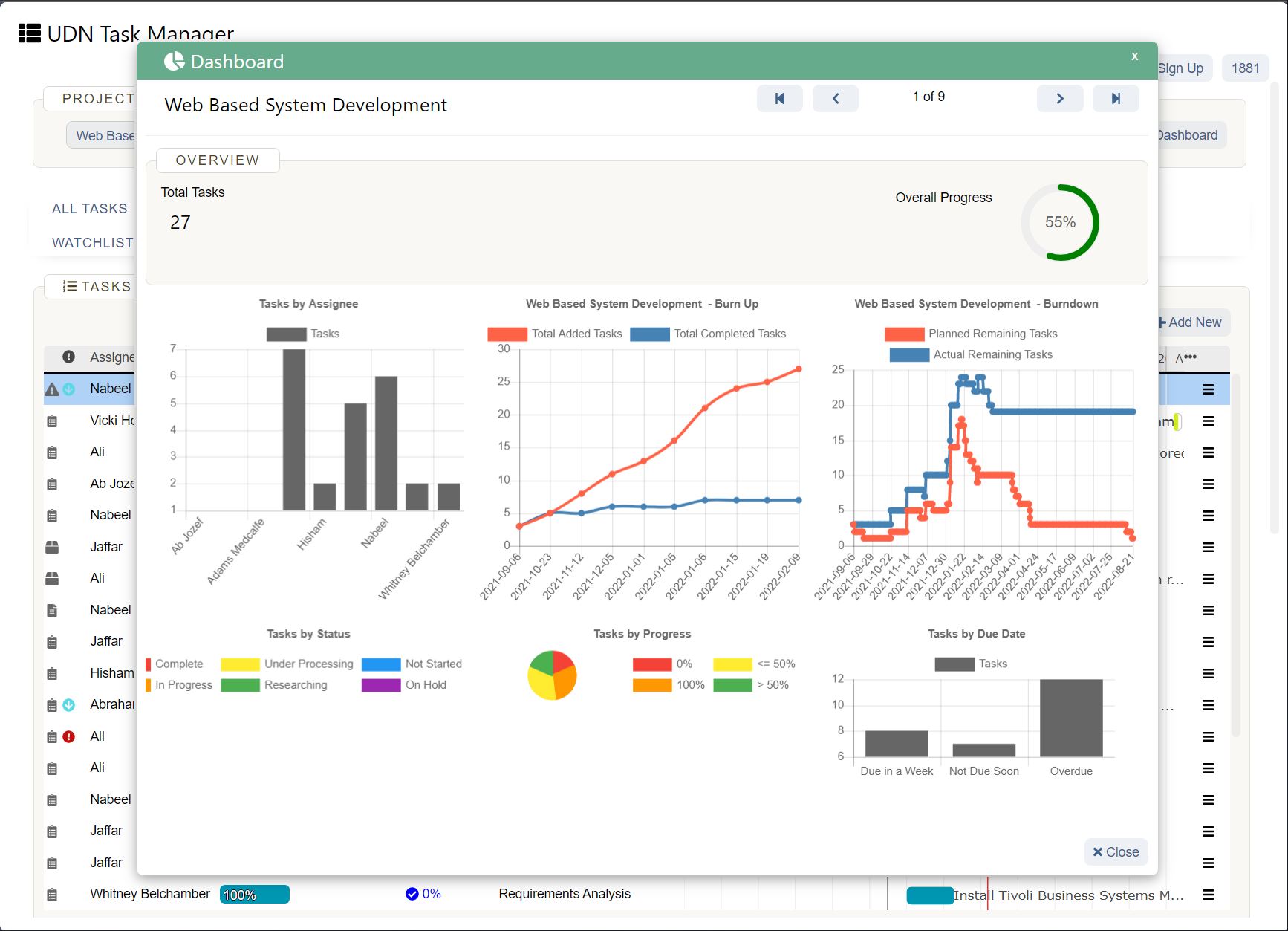
Soft skills are non-technical, skills that make you a valuable candidate without specific tools or technical requirements. These skills are often called "people skills" or "interpersonal skills" because they help you become a collaborative and effective team member.
Here are a few soft skills that successful project managers have:
Strong communication skills
Organizational skills
Problem solving skills
Team collaboration skills
Time management skills
Leadership skills
Critical thinking skills
Technical project management skills
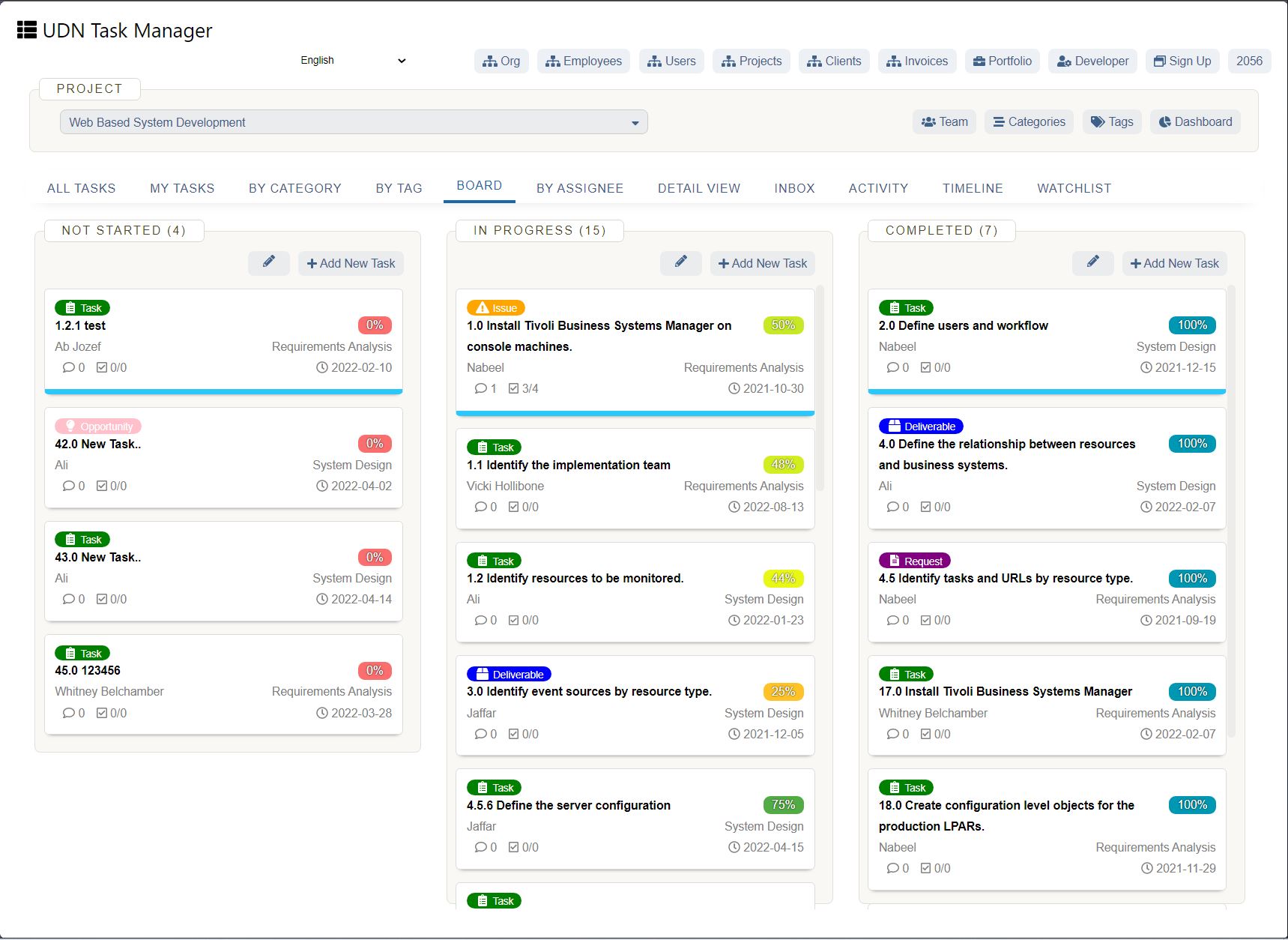
Technical skills are skills that require a specific piece of software or equipment to use. This could also mean knowing the process of a specific methodology, such as Scrum or Agile methodology .
Here are a few technical skills that a project manager might have.
Scrum
Agile management software
Specific project management software , like UDN Task Manager
Using Kanban boards
How to become a project manager
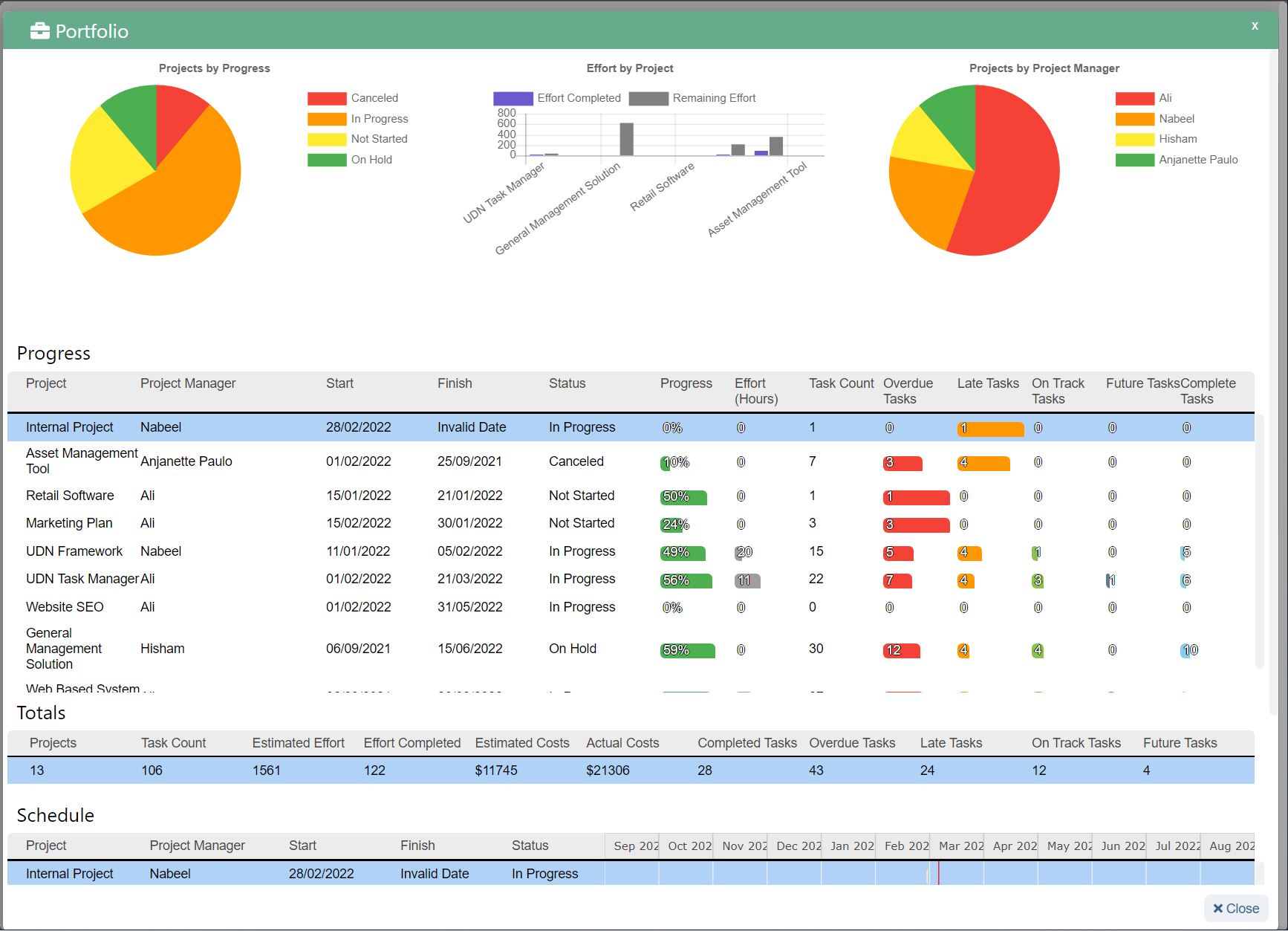
If you're looking for project management experience, one of the first steps you can take is to volunteer to manage your first project in the role you’re currently in. A good first project you could start with is something that has a definitive end date, such as planning a small event. Because project management skills are so transferrable, you don't need to be in a specific project management role to get started.
There is no one set project management career path. You don't need to have years of experience to get started. However, there are project management courses and certifications you can take to kick off your project management career.
Things to consider about a project management career
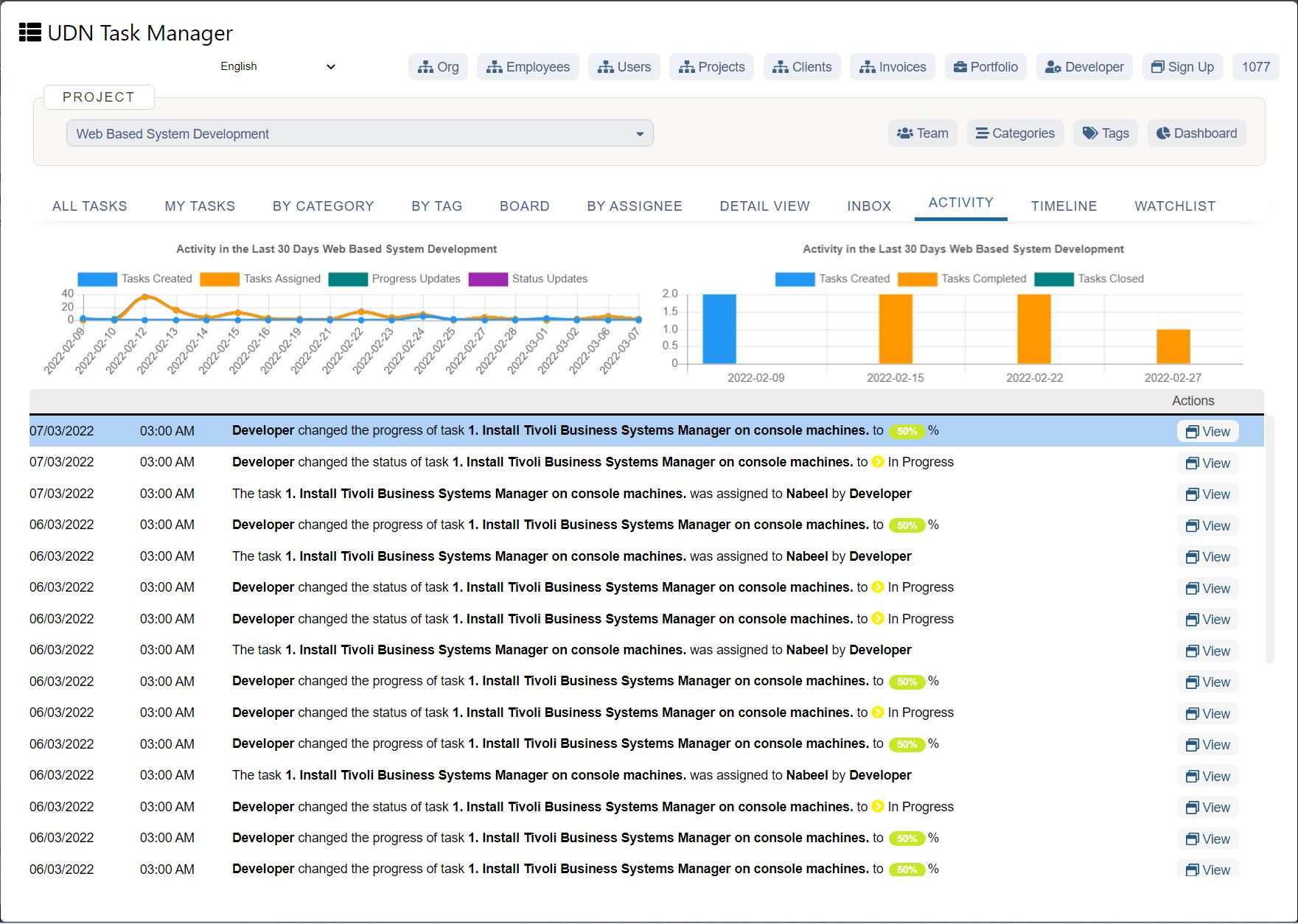
If you're interested in starting a project management career, you don't need a degree in a specific field. While some project management positions require a master's degree, most don't require any formal schooling or requirements. Regardless of what you study (or don’t!) you can still be a good project manager.
If you're just starting out, there are many different online courses you can take to build a foundation for your project management career. Here are a few online project management courses you could take to get started:
Project Management Institute online courses
Coursera project management courses
edX project management courses
Udemy project management courses
If you've already started in a role, ask your manager what you can do to get more practical project management experience. Your manager may help you get started by having you shadow a more experienced project manager, or get you started taking courses. Eventually, they may assign you a project for you to manage on your own with their guidance.
Project management certifications
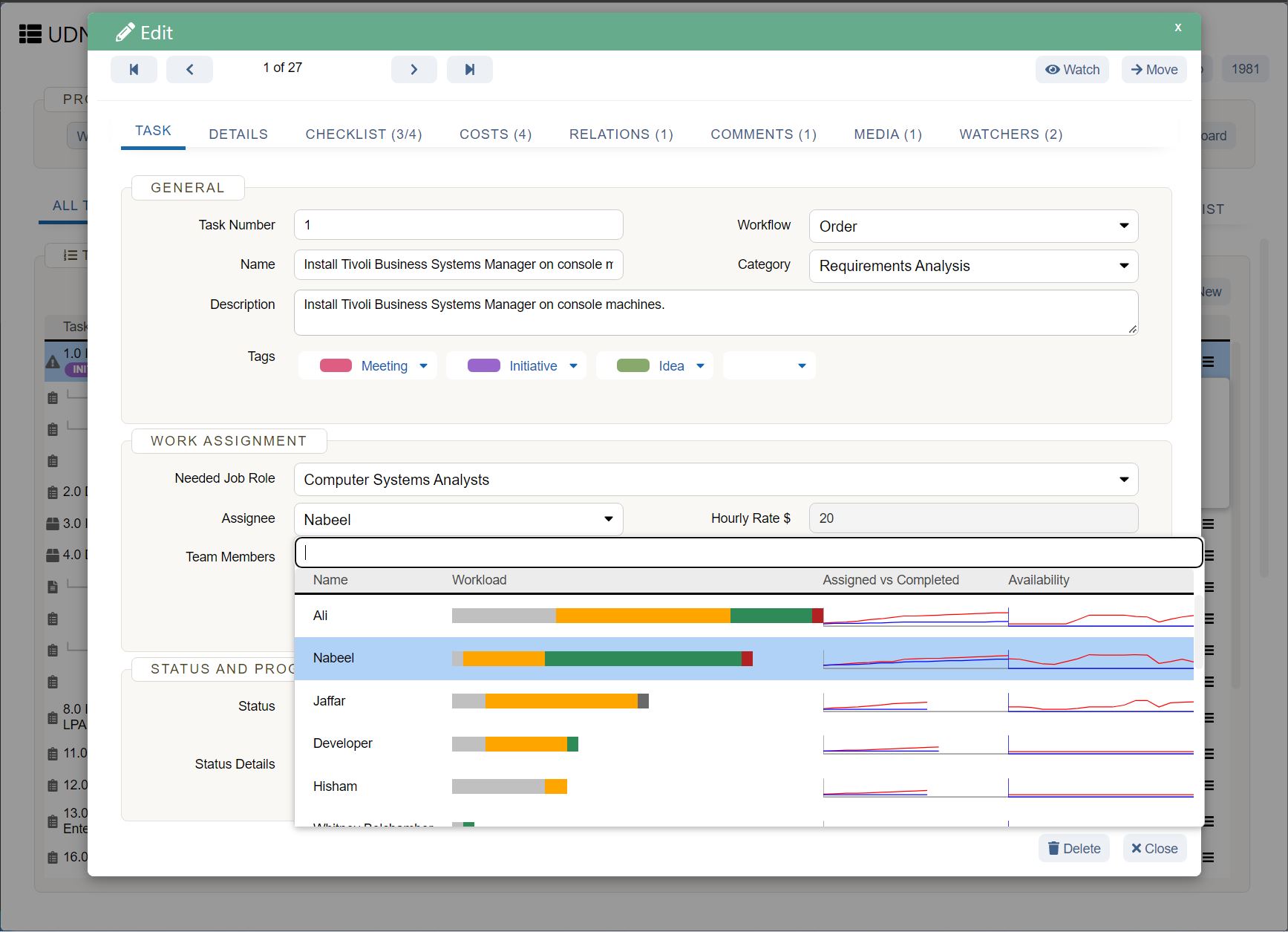
Some project management roles require you to receive certification before applying to a position. These are optional courses that you can take to boost your resume, but there is a small downside: certifications and structured classes can be expensive. If a role you’re looking to land requires a certain certification that’s out of your means, work with the team to see if they’re willing to support you to make the certification more affordable.
Here are a few different project management certifications that you can apply for.
CAPM certification

The Certified Associate in Project Management (CAPM) certification is a good certification for someone looking for an entry-level project management certification.
The Project Management Institute (PMI) offers students the ability to combine a membership and the CAPM exam at a discounted rate.
To be qualified for the CAPM certification, you must meet the following requirements:
Must have a secondary degree (high school diploma, associate’s degree or a global equivalent)
23 hours of project management education completed by the time you sit for the exam
PMP certification
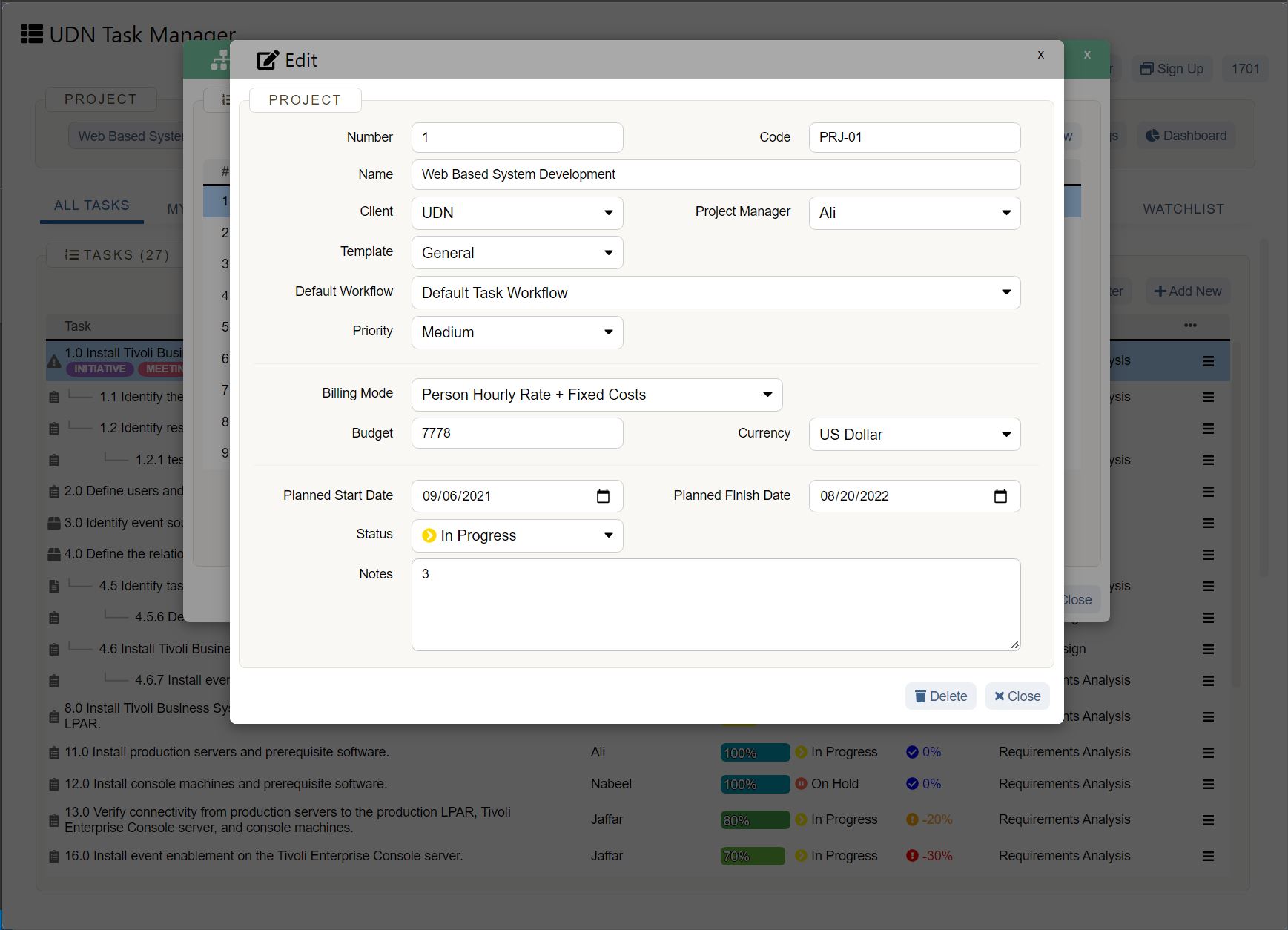
The Project Management Professional (PMP) certification is one of the world's leading project management certifications. This certification validates project leadership experience and expertise across industries.
To be qualified for the PMP certification, you must meet the following requirements:
Have a four-year degree
At least 36 months of experience leading projects
35 hours of project management education/training or CAPM Certification
OR
Have a high school diploma or an associate's degree (or global equivalent)
At least 60 months of experience leading projects
35 hours of project management education/training or CAPM certification
PRINCE2 certification
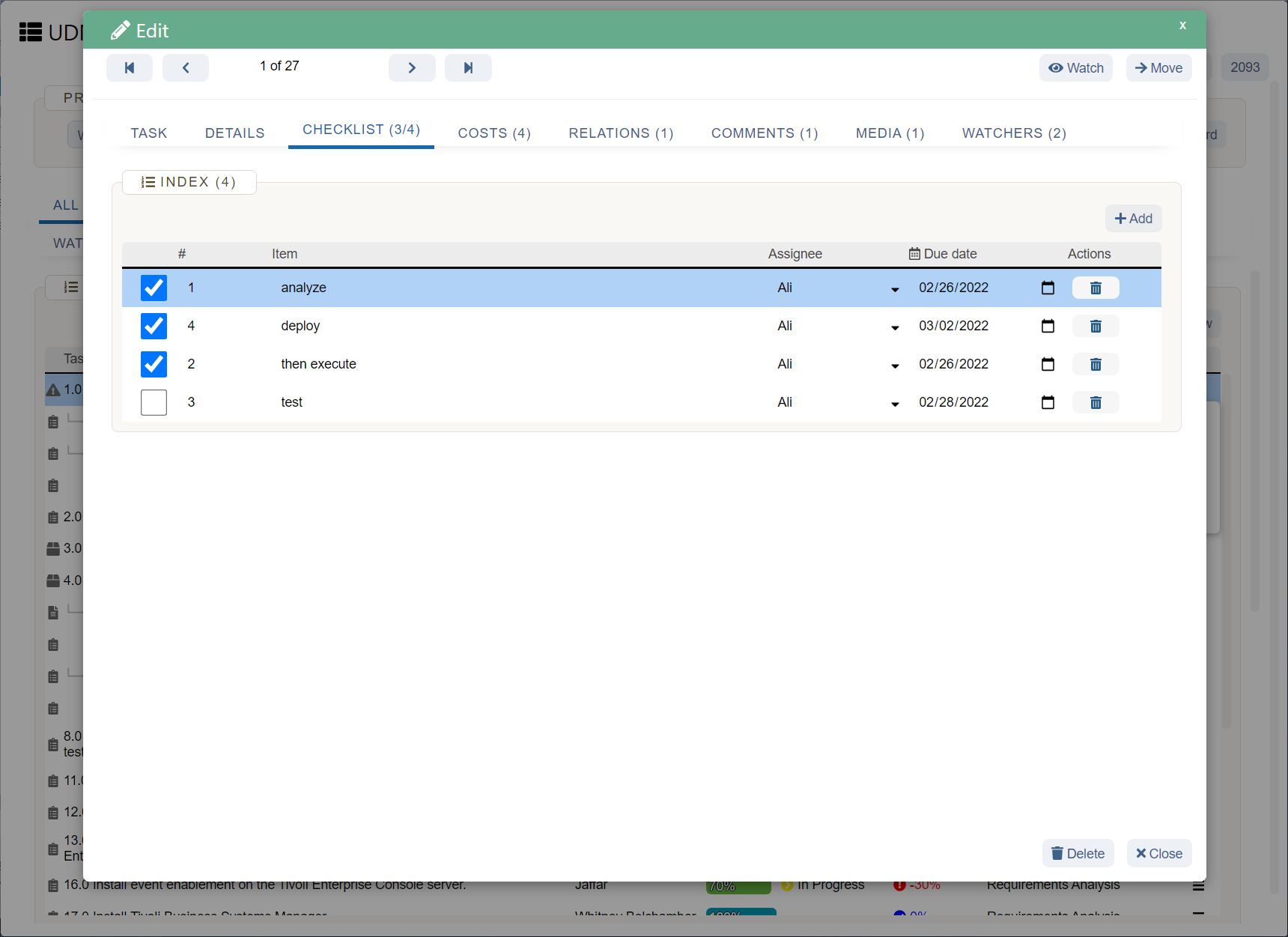
The Projects in Controlled Environments certification offers two different qualification levels: Foundation and Practitioner.
The Foundation level certification offers an introduction to PRINCE2 principles while the Practitioner level teaches you how to apply those specific needs in a specific project scenario. You do not need to have any other qualifications to take the PRINCE2 Foundation level certification.
For the PRINCE2 Practitioner level certification, you must have passed one of the following certifications:
PRINCE2 Foundation
Project Management Professional (PMP)®
Certified Associate in Project Management (CAPM)®
IPMA Level A (Certified Projects Director)
IPMA Level B® (Certified Senior Project Manager)
IPMA Level C® (Certified Project Manager)
IPMA Level D® (Certified Project Management Associate)
Scrum certification
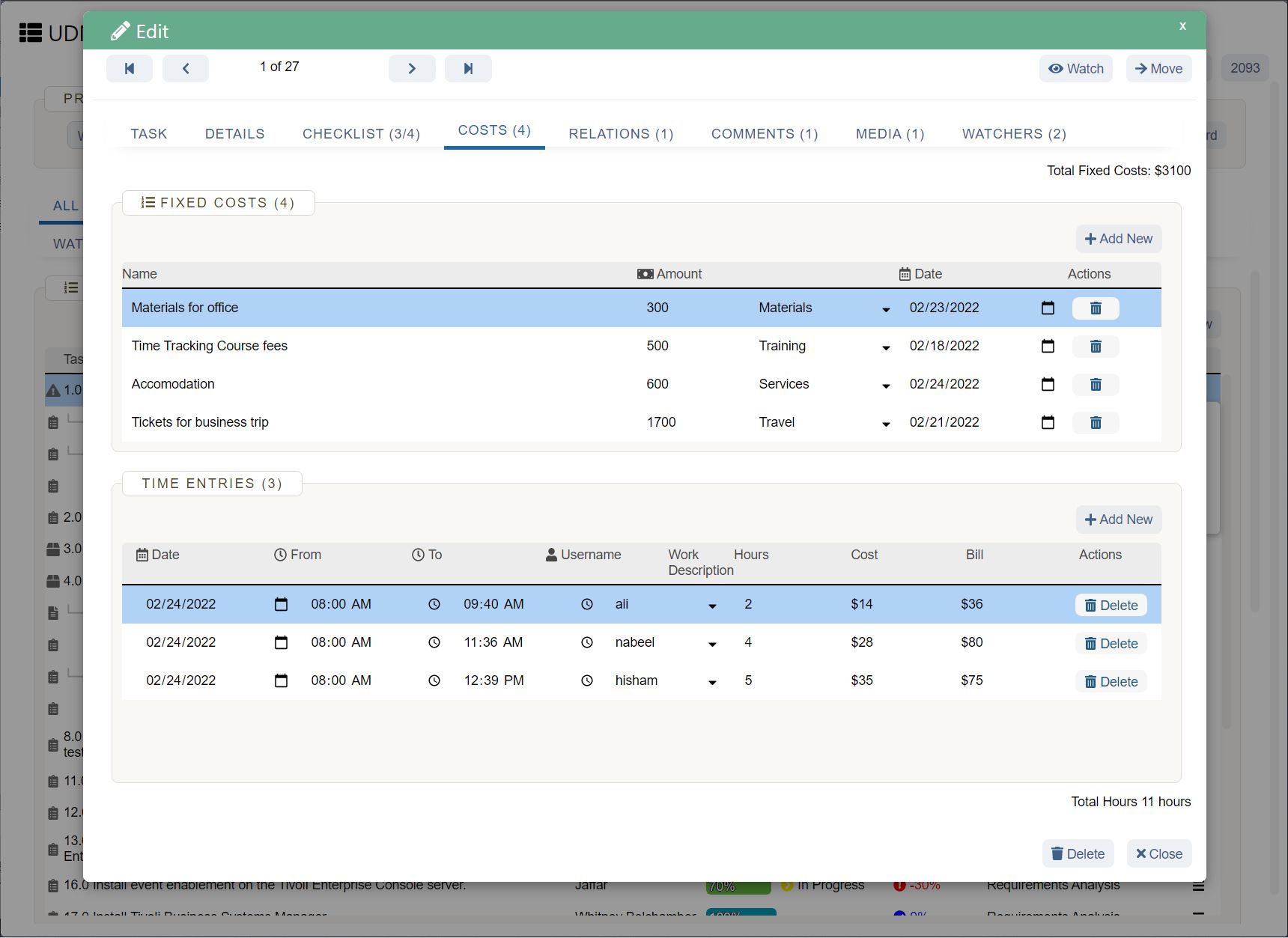
Scrum is a method of project management commonly used in engineering or development teams. The Scrum methodology gives development teams more adaptability so they can focus on improving their products, faster.
You can receive certification for different positions of the Scrum methodology. Available Scrum position certifications include:
Professional Scrum Master
Professional Scrum Product Owner
Professional Scrum Developer
Scaled Professional Scrum
Professional Agile Leadership
Professional Agile Leadership—Evidence Based Management
Professional Scrum with Kanban
Professional Scrum with User Experience
Different project management methodologies
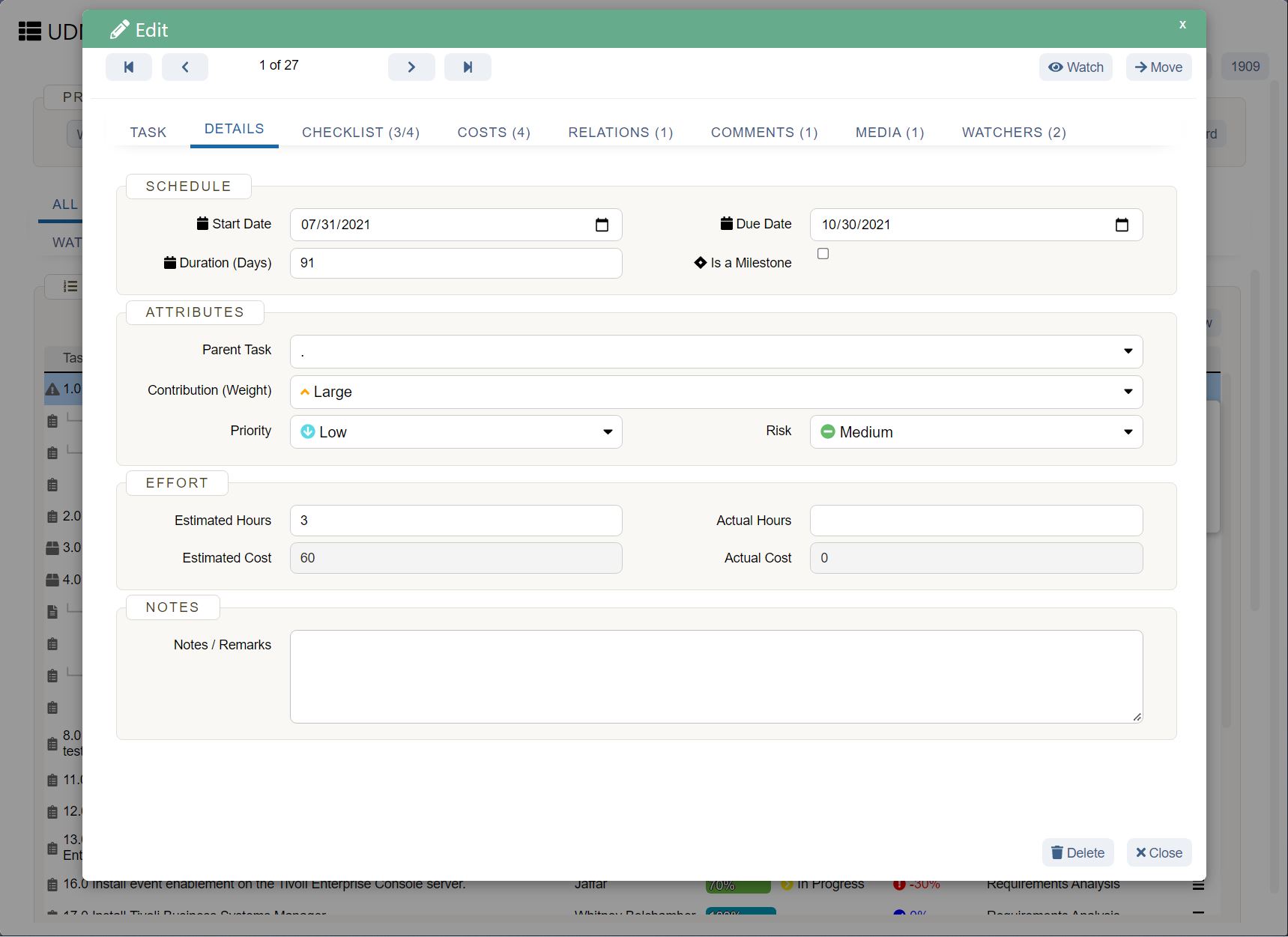
Similar to how there is no one way to solve a puzzle, there is no one way to manage a project. Luckily, there are many different project management methodologies that can help you keep all your project pieces on track.
Agile project management
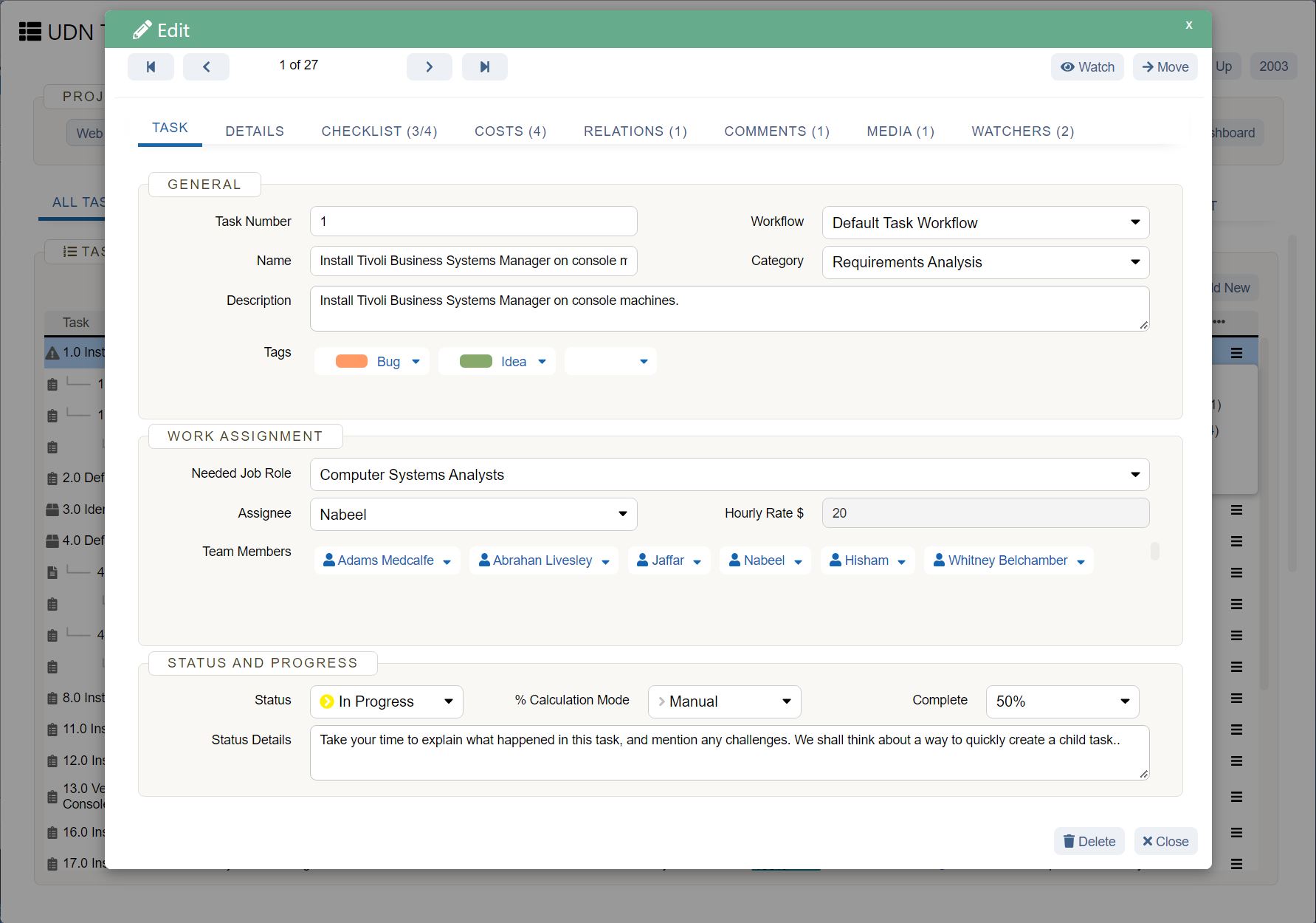
Agile project management is an iterative process in which teams adjust their strategy as they go instead of staying on a linear path. The lifecycle of an Agile project goes through incremental steps, commonly referred to as sprints.
An Agile project manager prioritizes tasks for each sprint in accordance to their project goals in an effort to focus solely on one subsection of their project. There’s always a period of reflection to ensure that the team is still headed towards the right path and if not, they're able to change course quickly.
There are several different ways you can use the Agile framework. We cover two of the most common frameworks below.
Scrum is one type of project management that requires one product owner to manage a backlog of tasks. This product owner, or Scrum master, assigns a numeric value to tasks in the backlog to ensure that each sprint has the same amount of work involved. A common example of a numeric task value is approximately how many hours it takes to complete this one backlog task.
After the Scrum master evaluates and prioritizes tasks, the team moves on to completing those tasks within a set sprint. Once those tasks are completed, the team and stakeholders look back at the sprint and evaluate the things that were done and consider any changes for the next sprint.
The Kanban project management methodology is derived from a process built on continuous improvement which fits perfectly within the Agile methodology.
Kanban boards are a form of visual project management where teams can visualize work. On a Kanban board, work is organized by columns that signify a specific stage of work—like To do, In progress, and Done. Tasks are represented by a card within each column. As the sprint progresses, team members pull cards from the backlog and move cards into the appropriate columns as tasks are completed.
Waterfall project management
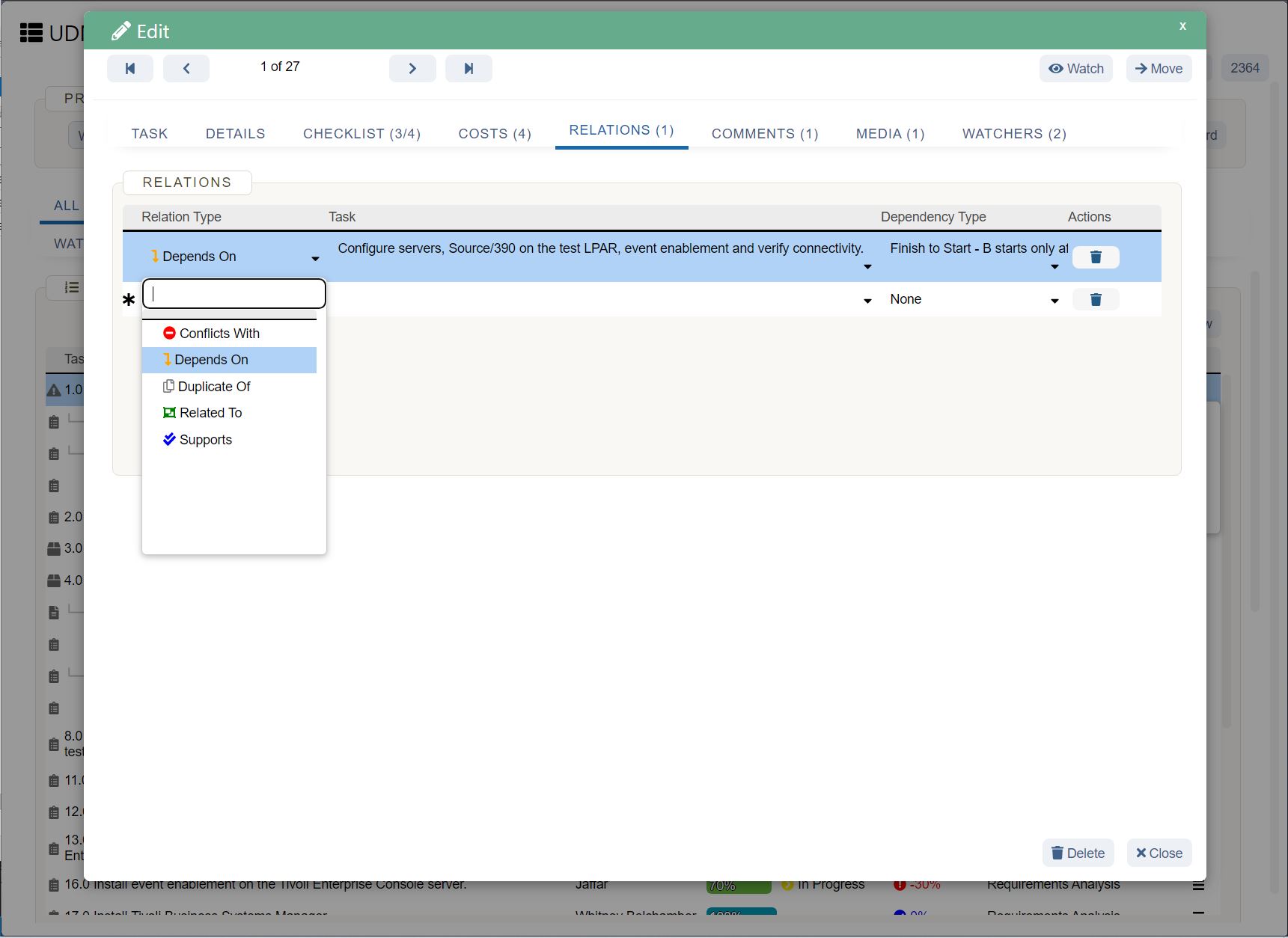
Waterfall project management is different from Agile in that it’s an extremely linear workflow. This process requires a much longer planning period and is often used in industries, such as construction, where many changes aren't anticipated within the end product. The next task doesn't start unless the previous task is finished.
Before the project starts, make sure to outline all of the steps that need to be done before the project starts. This helps minimize mistakes and errors and can save time if everything goes to plan. This form of project management is often used for physical products, but doesn't work as well for things like software where creating a final product is done digitally.
Interested in learning more about project management?
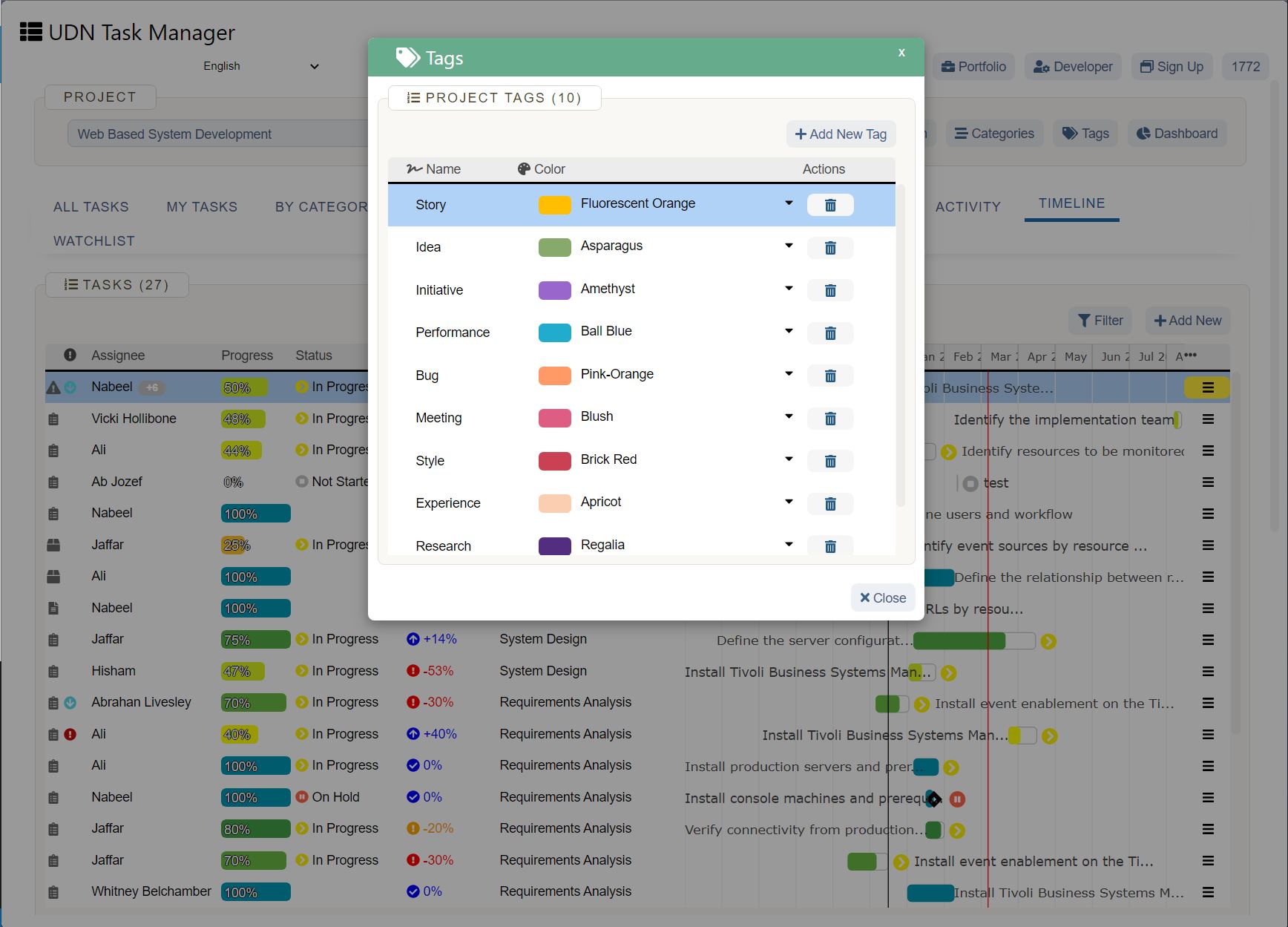
We're here to help! Start by developing specific project management skills such as team collaboration or stakeholder analysis . Then, check out UDN Task Manager 's project management resource library to get you started on your project management career.










